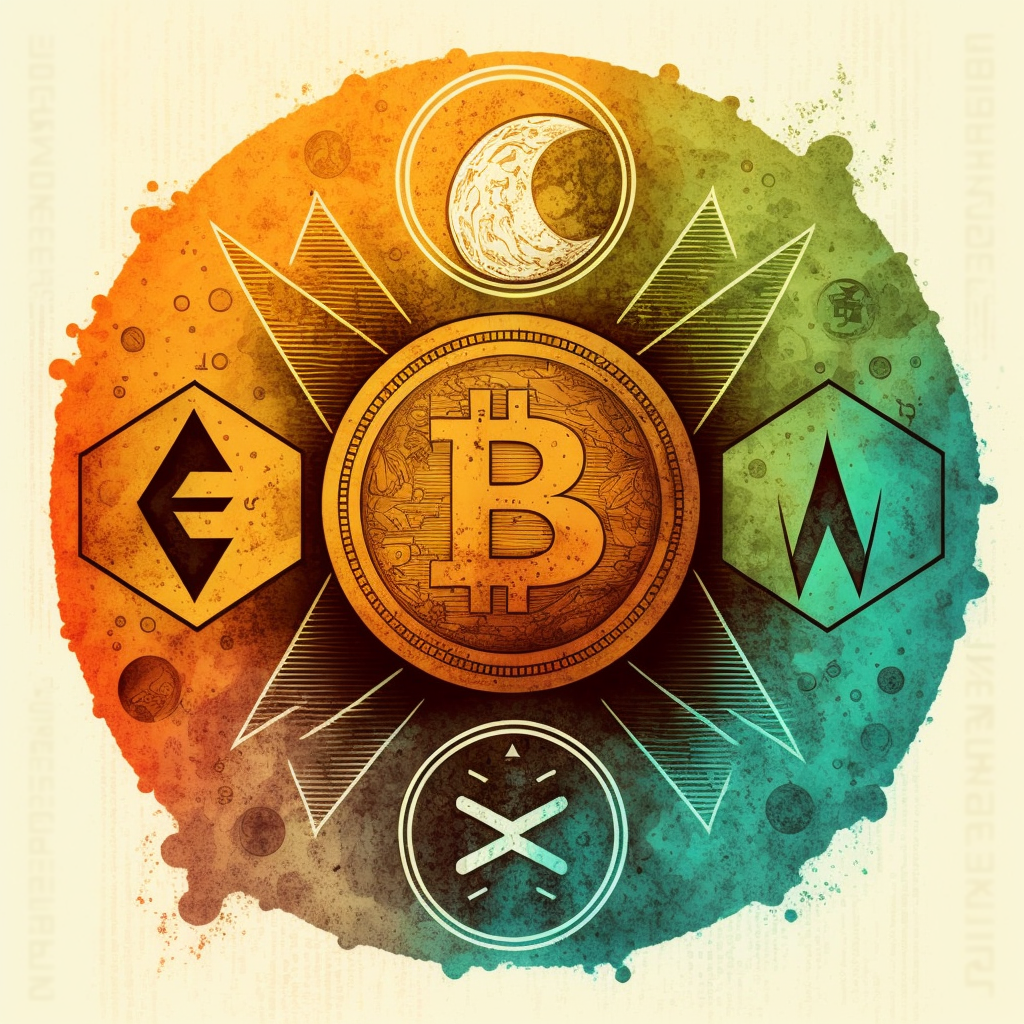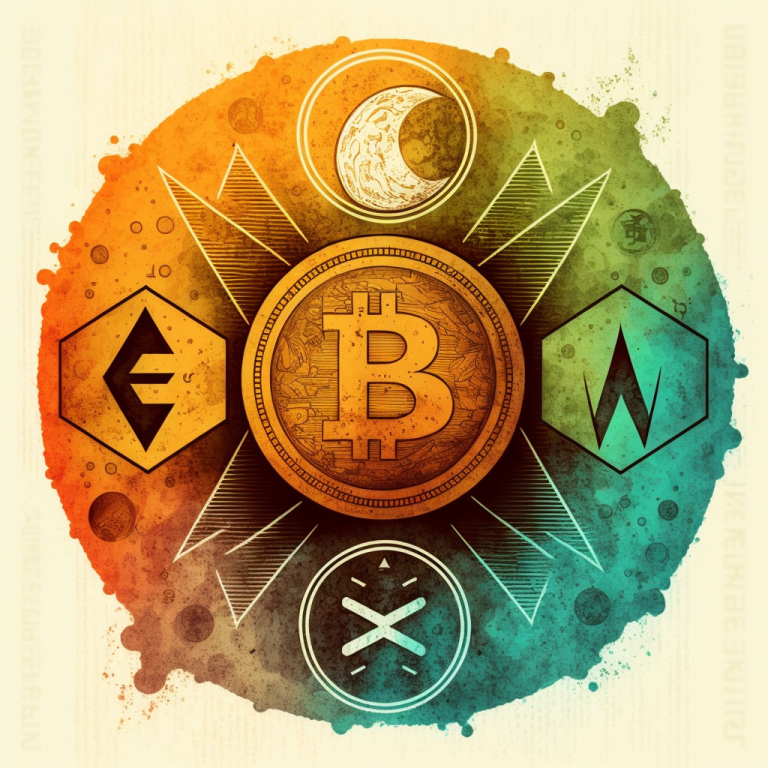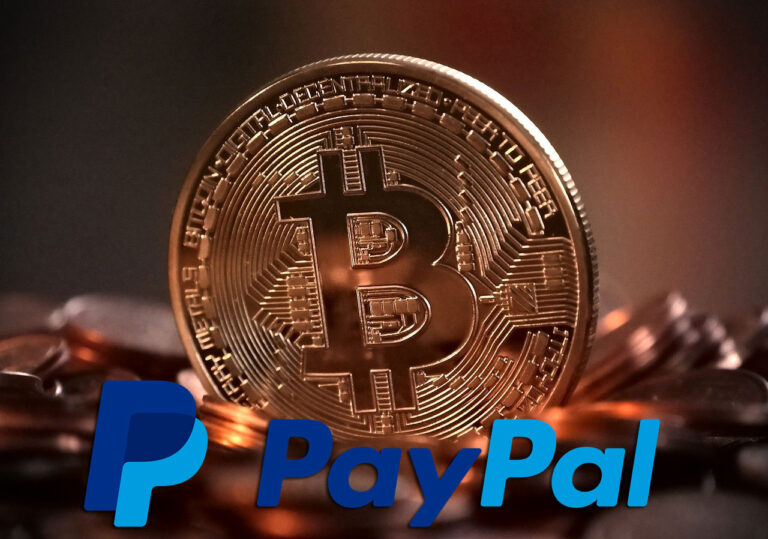Cryptocurrencies are digital or virtual currencies that use cryptography for security and are decentralized, meaning they are not controlled by any central authority such as a government or financial institution. The most well-known cryptocurrency is Bitcoin, but there are thousands of other cryptocurrencies that have emerged in recent years, with varying features and functions.
Cryptocurrencies operate on a decentralized network called a blockchain, which is a distributed ledger that records all transactions. The blockchain is secured through cryptography, which makes it nearly impossible to alter or tamper with the record of transactions. This decentralized structure allows cryptocurrencies to operate without the need for a central authority, and enables peer-to-peer transactions without the need for intermediaries such as banks.
Cryptocurrencies can be used to purchase goods and services, or can be traded on cryptocurrency exchanges for other currencies. The value of cryptocurrencies is determined by supply and demand, with the value fluctuating based on market conditions.
One of the main benefits of cryptocurrencies is their anonymity, as transactions are not linked to personal identities. This has made cryptocurrencies popular for activities such as money laundering and illegal trade, but they can also be used for legitimate purposes such as online payments and international money transfers.
Cryptocurrencies are still a relatively new and rapidly evolving technology, and their future remains uncertain. While they have the potential to revolutionize the financial industry, they also face regulatory and legal challenges as well as the risk of cyber attacks. It is important for individuals and businesses to thoroughly research and understand the risks and potential rewards of using cryptocurrencies before making any investments or transactions.
What is Blockchain Technology?
Blockchain technology is a decentralized, distributed ledger that records transactions on multiple computers, making it virtually impossible to alter or tamper with the record of transactions. Each transaction is secured through cryptography and added to the blockchain as a “block.” Once a block is added to the blockchain, it is permanent and cannot be altered.
The blockchain is a transparent and immutable record of all transactions, which makes it a secure and efficient way to track and verify transactions. It has the potential to disrupt and transform a wide range of industries, including finance, supply chain management, and voting systems.
One of the main benefits of blockchain technology is its decentralized nature, which allows it to operate without the need for a central authority. This makes it faster, cheaper, and more secure than traditional centralized systems. It also enables peer-to-peer transactions without the need for intermediaries, which can reduce the risk of fraud and increase transparency.
In addition to its use in cryptocurrencies, blockchain technology has the potential to revolutionize a wide range of industries. For example, it could be used to improve supply chain management by tracking the movement of goods and reducing the risk of counterfeiting. It could also be used in voting systems to increase transparency and security.
However, there are also challenges and limitations to the adoption of blockchain technology. It requires a high level of technical expertise and resources to set up and maintain, and there are concerns about its scalability and energy consumption. There are also regulatory and legal hurdles to overcome, as governments and industries grapple with the implications of decentralized systems.
Despite these challenges, the potential of blockchain technology to transform and disrupt industries is significant, and it will likely play a significant role in shaping the future of the digital economy.
What are the main Cryptocurrencies?
There are thousands of cryptocurrencies in existence, but the most well-known and widely used ones are:
Bitcoin: Bitcoin was the first and is the most well-known cryptocurrency. It was created in 2009 and is based on a decentralized, peer-to-peer network. Bitcoin transactions are secured through cryptography and are recorded on a public blockchain. It is widely used for online payments and international money transfers.
Ethereum: Ethereum is a decentralized, open-source blockchain platform that runs smart contracts: applications that run exactly as programmed without any possibility of downtime, censorship, fraud, or third-party interference. It is used for a wide range of applications, including creating and running decentralized applications (dApps) and building and deploying smart contracts.
Ripple: Ripple is a real-time gross settlement system, currency exchange, and remittance network created by Ripple Labs Inc. It is designed to facilitate fast, low-cost, and secure international payments. Unlike other cryptocurrencies, Ripple is not based on a blockchain, but uses a proprietary protocol called the Ripple Protocol Consensus Algorithm (RPCA).
Litecoin: Litecoin is a cryptocurrency that was created in 2011 as a fork of Bitcoin. It is similar to Bitcoin in many ways, but it has a faster block generation rate and a larger maximum supply of coins.
Monero: Monero is a privacy-focused cryptocurrency that was launched in 2014. It uses cryptography to conceal the identity of the sender and recipient of transactions, as well as the amount being transferred.
Cryptocurrencies differ in terms of their features and functions, such as their consensus algorithms, block times, and maximum supply of coins. They also have different uses and target audiences, with some being designed for specific industries or use cases. It is important to research and understand the differences between cryptocurrencies before making any investments or transactions.











































